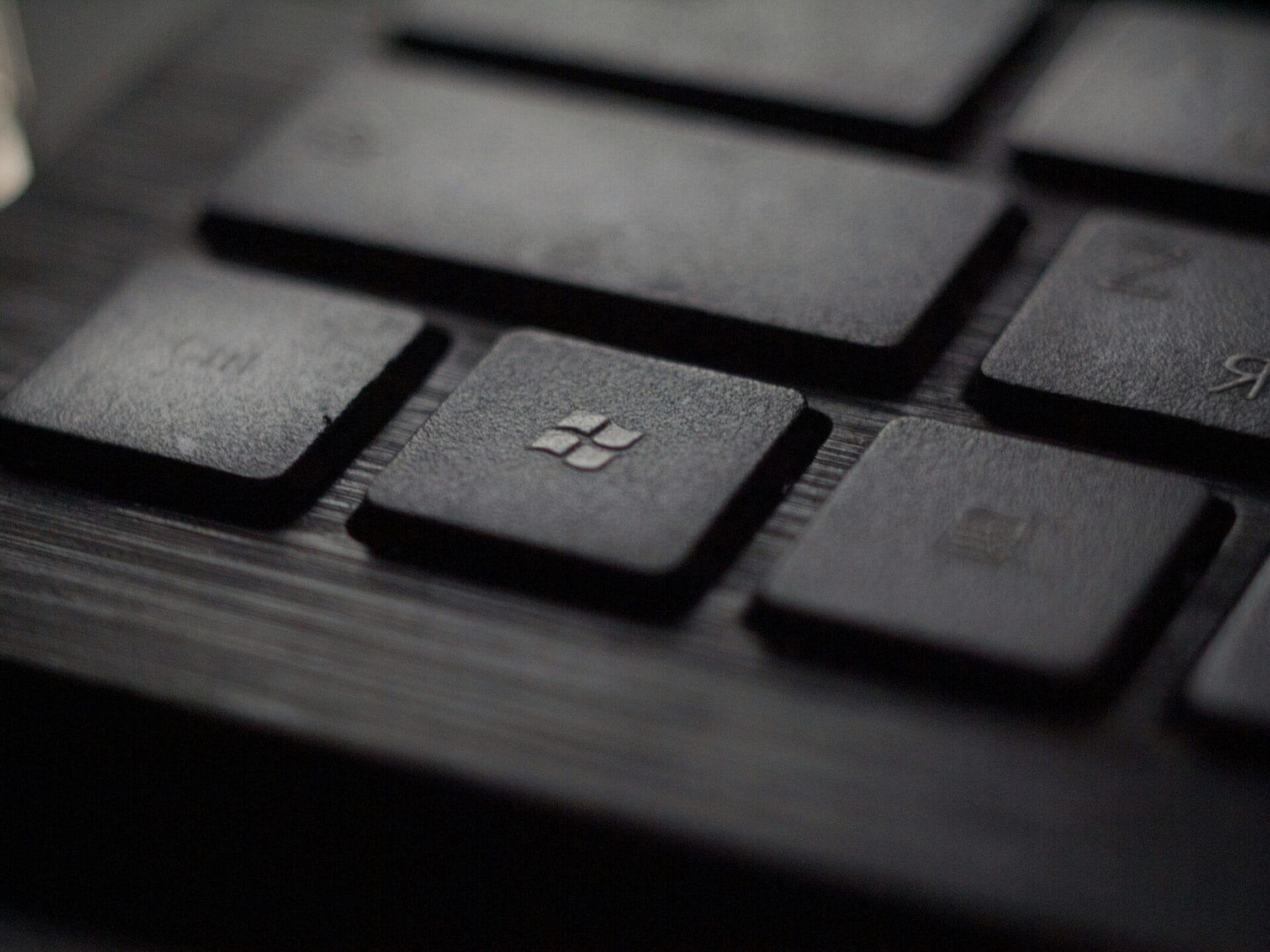Microsoft has rolled out its newest Windows 11 update, version 24H2, which introduces various AI features and enhancements. However, users with Western Digital NVMe SSDs are reporting significant problems, including frequent blue screen of death (BSOD) crashes.
Affected Models
The issues appear to be primarily with the WD Black SN770 and WD Blue SN580 SSDs, which do not utilize a DRAM-based cache. Instead, these models depend on the Host Memory Buffer (HMB) that was introduced with NVMe standard version 1.2. This allows the SSDs to use system RAM as a cache, typically utilizing about 64MB of it.
Unexpected Changes
With the recent Windows 11 24H2 update, however, the system has begun reserving as much as 200MB for I/O caching. This is a significant increase from the usual 64MB, and that extra 136MB seems to be causing instability in the SSDs, leading to the recurring BSOD errors.
Western Digital’s user forums are filled with complaints regarding these issues. Many users found that reverting back to the previous Windows 11 version (23H2) resolves the crashes, indicating that the new update might be at fault.
Ongoing Issues
This situation reflects a larger trend with Microsoft’s updates. Since the company switched from traditional testing methods to the Windows Insider program, it appears that ordinary users are becoming unintended beta testers. While some updates offer performance improvements, others, like this recent one, can create system instability.
For those affected, there is a workaround that involves making registry adjustments to limit HMB to 64MB or even turn it off entirely. While this could reduce performance during heavy file transfers, it should help stabilize Windows 11 24H2 after you restart the system.


Leave a Reply